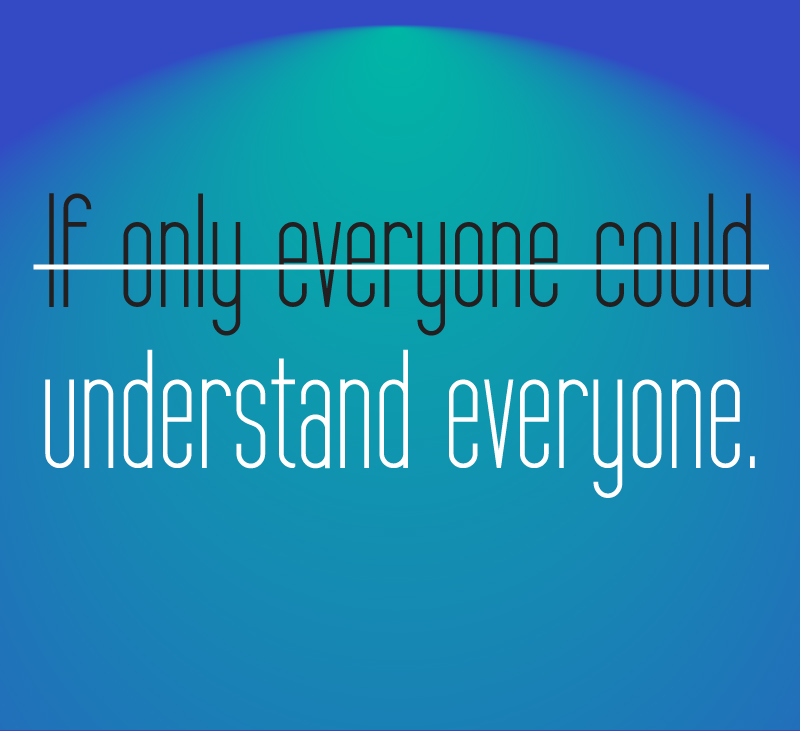There is a saying which a lot of us have heard or read which goes like this ” birds of the same feather, flock together “.
Other interpretations of the same include ‘ Collective Bias ” or ” Wisdom of the Crowds “.
Some of these existing narratives are traps. Great minds think alike. They need not or should not. If all of us are thinking the same, then none of us are thinking.
Have you ever looked at the World Map upside down? I strongly recommend you do. And urge you to look at this Knew Thinking. New Possibilities video
Your nutritionist will recommend you have vegetables that have as many diverse colours as possible. A one vegetable salad would be boring. But a salad with lettuce and spinach, capsicum and tomato, carrot and raddish, olives and avocado, coriander and kale when mixed right with a dash of garlic and virgin olive oil will be a real treat. Each of the ingredients enhances the other significantly.
We humans are not very different. We feed best off each other. Conformity is a rabbit hole. The fault lines in our culture( and the education industrial complex still hanging onto the retrogressive coat tails of the Industrial Age) might drive us towards being the same and to play it safe and to come across as complying and toeing the line. With that, you are headed into the already turbulent waters of the sea of sameness with no chance of you to stand out. It’s a Red Ocean with no lifeboats in sight.
Our difference, our heterogeneity is not an impediment or a problem to be fixed. It is a delight to learn from. Hiring managers or leaders would like to hire people like them. In relationships too, you are looking at whether she or he is an introvert or an extrovert like you. Sameness is toxic.
As a tribe, heterogeneity can help us survive and prosper. Homogeneity keeps us vulnerable.
“Civilization is a progress from an indefinite, incoherent homogeneity toward a definite, coherent heterogeneity.”
ENDS

